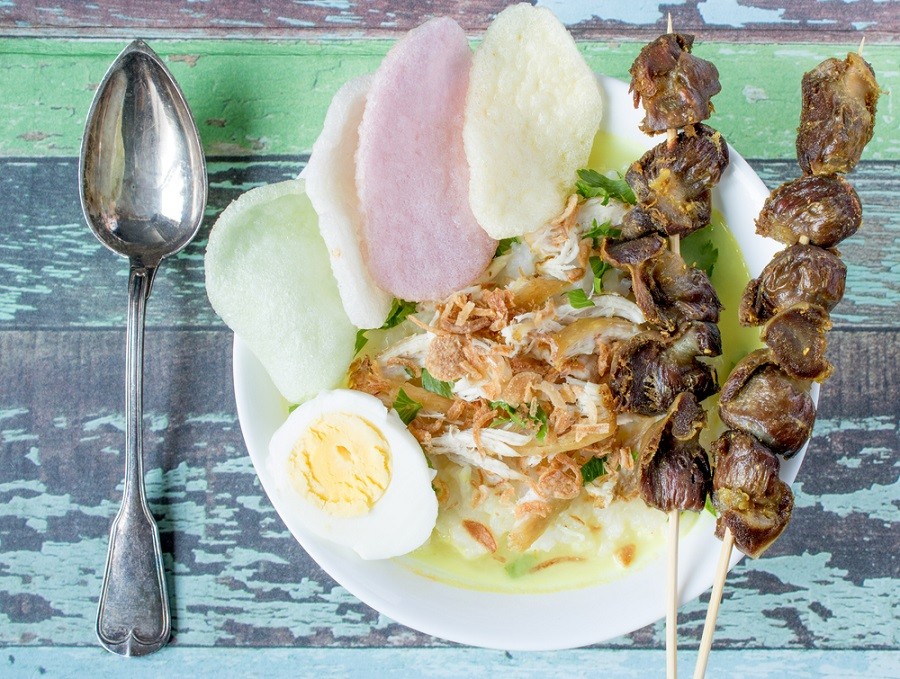Popular Reads
Top Results
Can't find what you're looking for?
View all search resultsPopular Reads
Top Results
Can't find what you're looking for?
View all search resultsIndonesian breakfasts mostly made up of carbohydrates: Survey
A recent survey revealed that Indonesian breakfasts are dominated by carbohydrates.
Change text size
Gift Premium Articles
to Anyone
E
leven Asia Pacific countries still consider breakfast the most important meal of the day, as revealed by a survey conducted by global nutrition company Herbalife.
Kompas.com reported that the Asia Pacific Healthy Breakfast Survey was conducted in February with more than 5,500 respondents in Australia, Hong Kong, Indonesia, Japan, Korea, Malaysia, the Philippines, Singapore, Taiwan, Thailand and Vietnam.
The findings were expected to show insights into breakfast attitudes and consumption habits in the region.
“We are glad to see that most Asia Pacific consumers are aware of the importance of eating breakfast,” Andam Dewi, senior director and general manager of Herbalife, said at Hotel Mulia in Jakarta last Wednesday.
In Indonesia, 88 percent of respondents have breakfasts at home, while 4 percent skip breakfast, 5 percent eat at work and 3 percent eat breakfast while on the way to the office.
However, the survey also revealed that most Indonesian breakfasts were dominated by carbohydrates.
Forty percent of Indonesian consumers consider carbohydrates essential for breakfast, while 56 percent consume traditional dishes mostly made up of carbohydrates.
Andam said that a well-balanced meal should be made up of 40 percent carbohydrates, 30 percent protein, 30 percent fat, 35 grams of fiber and eight glasses of water daily.
Read also: Craving carbs? Blame your brain, Japan study finds
Samantha Clayton, Herbalife Nutrition vice president of worldwide sports performance and fitness, said that a bowl of rice in a traditional-style Indonesian breakfast contains 200 calories. Meanwhile, the average Indonesian would eat two bowls of rice and meat.
“Four hundred calories of rice plus meat equals 700 calories. Coffee would add another 400 calories; that is more than 1,000 calories in just one meal,” Samantha said.
She suggested a change in portions, while also recommending protein.
Considered highly essential for the body, protein will make the body feel full longer than carbohydrates.
“If you want to make a change, start with small portions,” Samantha suggested.
According to the Harvard’s School of Public Health, the Institute of Medicine sets a wide range for acceptable protein intake, from 10 to 35 percent of daily calorie intake. It is also recommended to choose wisely as some high-protein foods are healthier than others.
For instance, though a 170-gram ham steak has only about 2.5 gr of saturated fat, it is loaded with sodium. While 170 gr of wild salmon has about 34 gr of protein and is naturally low in sodium. (wng)











